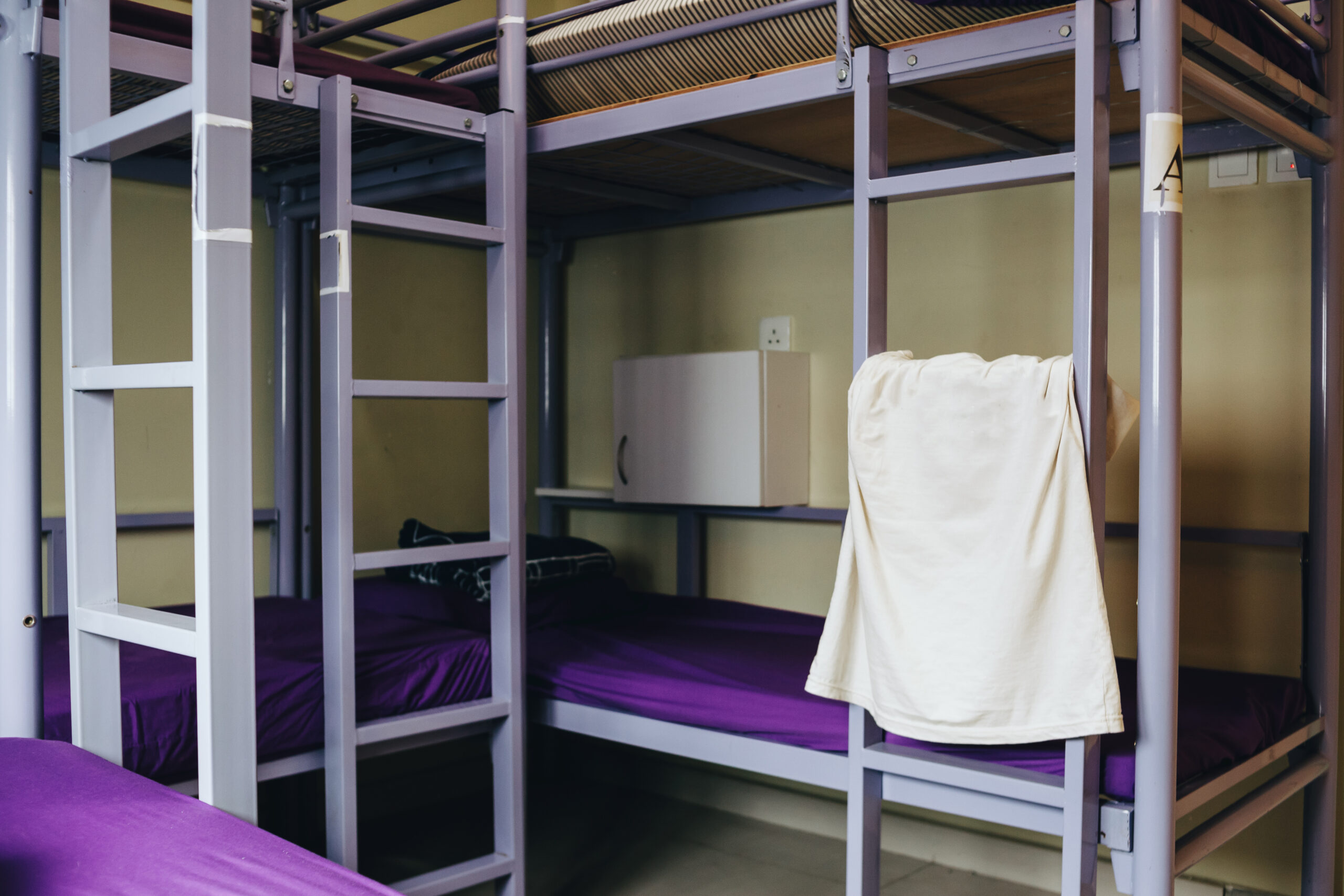News roundup: Hong Kong youths turn to youth hostels as housing crisis persists, and more news

For PropertyGuru’s real estate news roundup, Hong Kong youths turn to government-funded youth hostels given the current housing crisis. Plus more news: the answer to Australia’s housing crisis is to have a factory mentality when it comes to building new homes. And the Philippines is seeing a growing demand for generative artificial intelligence (Gen AI).
Some young Hong Kongers turn to youth hostels as housing crisis persists
Mr. Morgan Chan dreams of having his own place, but sky-high property prices have led him to an alternative – a government-funded youth hostel.
The 26-year-old Hong Konger pays about USD447 a month for his room with shared facilities, about half of what a single room would cost in the same area. Tenants like him can live in the hostel for up to five years, with hopes of saving enough money for a down payment for a future home.
But Mr. Chan doubts that will happen.
According to a CNA report, homeownership in Hong Kong remains almost unattainable today for young people, even with the recent scrapping of property curbs. Property prices are a big obstacle for many – an average household will have to save every cent of its earnings for nearly 19 years to afford a home.
The ratio of the median home price to the median annual income in Hong Kong has come down slightly in recent years, but it still stood at 18.8 according to a 2023 survey, making the city one of the world’s most unaffordable housing markets.
Australia’s homes crisis answer requires a factory mentality
By now all states, all major parties, and the public have realised how bad the housing crisis has gotten. The overarching goal now is to ensure adequate access to housing. Most stakeholders agree that adding more housing stock takes priority.
Australia roughly agrees on the goal. Better yet, investors are happy to throw money at the Australian housing market.
Recent policies encouraging more built-to-rent properties are aimed at institutional investors. These are players that can only bankroll sizeable projects – a super fund won’t finance the two townhouses squeezed on your neighbour’s block but might build a tower in suburbia.
Unfortunately, instead of seeing record-high building approvals, we’ve been seeing a dry pipeline of new developments. The states now pressure local governments to add more housing stock, serious planning reforms are discussed, and institutional investors have cash earmarked for property. Why aren’t we building like crazy?
To a large degree, according to realcommercial.com.au, we don’t have enough workers to build the new homes we so desperately need. And there are three reasons for this shortfall.
High demand for Gen AI seen in the Philippines
Philippine demand for generative artificial intelligence (Gen AI) has surpassed that of developed countries as local firms and individuals aim to leverage these tools for growth.
Aparna Bharadwaj, global leader of Boston Consulting Group’s (BCG) Global Advantage Practice, said in a briefing that Filipinos use Gen AI to “help them get ahead in their careers.”
“In emerging markets, there is a higher use of Gen AI as they see it as a driver of growth and success,” she added.
BusinessWorld reports that the Philippines scored more than average in a study conducted across 21 countries with 21,400 respondents in terms of awareness and usage of Gen AI in the workplace.
The Property Report editors wrote this article. For more information, email: [email protected].
Recommended
Why everyone is moving to Selangor and Johor: Malaysia’s real estate comeback
Malaysia’s upturn in fortunes is especially prevalent in secondary destinations such as Selangor and Johor
Penang’s silicon boom: How the US-China tech war is supercharging local real estate
Penang’s booming semiconductor industry has created ripples within the local real estate sector
New leader, new opportunities: How Hun Manet is shaking up Cambodia’s real estate game
Hun Manet is overseeing decent economic growth and widening access to the country’s real estate market for foreigners
Singapore embraces inclusive housing reforms amid resilient demand
The Lion City’s regulatory strength continues to exert appeal for international investors








